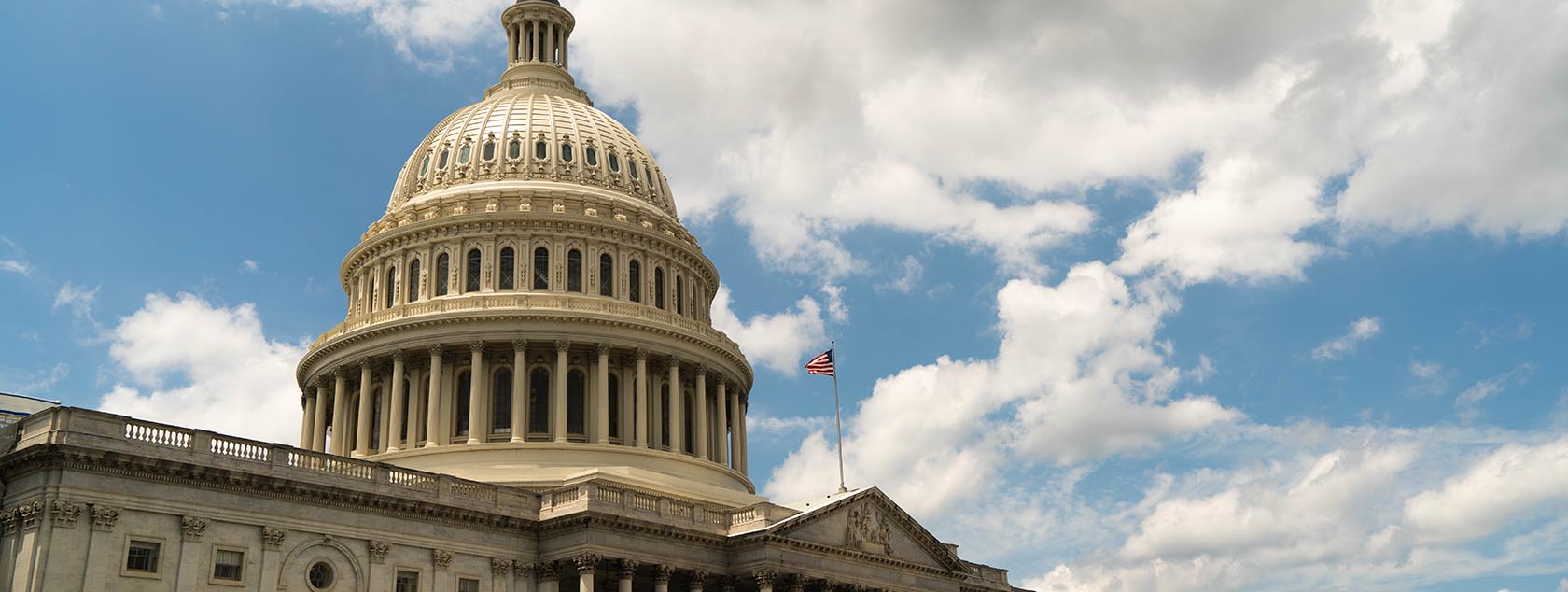The New Relief Bill: Welcome Clarification for Paycheck Protection Program Borrowers

Paycheck Protection Program (PPP) borrowers awakened to good news this morning as members of Congress passed a $900 billion COVID-19 relief package. Although this new legislation needs presidential approval, it is widely expected to become law in the coming days, which would mean that borrowers under the PPP would benefit from congressional clarification related to the deductibility of expenses.
Borrowers, until now, have had to rely on IRS interpretations indicating borrowers would not receive the benefit of deductions for expenses paid with PPP funding and subsequently forgiven. This meant that if borrowers expected to ask the SBA for loan forgiveness, they would need to plan for negative tax implications related to their PPP loans. Even worse, borrowers understood that those negative tax implications would be recognized on their 2020 income tax returns and would require tax payments in the very near future. Fortunately, many congressional leaders indicated this was not the original intent of previous legislation and clarified their position in the newly proposed relief package. In terms of deductibility, the language in the relief package specifically undercuts the IRS’s analysis for not permitting tax deductions or any other tax attribute adjustments. There is also no stated limitation on how this will apply (e.g., only to small borrowers). So, as written, it would appear all PPP borrowers could deduct costs paid with forgiven PPP proceeds to the same extent they usually would. Although we have been hearing about this possibility for some time, it will likely become a reality in the very near future.
The relief package also introduces a second round of PPP loans. Referred to as PPP2, borrower eligibility is reduced from the original PPP loans to only employers with 300 or fewer employees (down from 500) and applicants must also have a 25% reduction in revenue comparing any 2019 quarter with the same 2020 quarter.
Those who previously received a PPP loan are no longer prohibited from utilizing the employee retention credit. Learn more about the updates to the Employee Retention Credit’s expanded provisions.
So, what does this mean for you? As with any significant new legislation or tax law, applying a high-level understanding of the law to your specific situation is important to sound decision-making. PPP borrowers should reach out to their accountants and financial advisors to discuss the new legislation and next steps. Our team will continue to update this article as new information and guidance are released.
Get ready, because by subscribing to our email insights, you'll be among the first to hear from our experts about key issues directly impacting your privately held business or not-for-profit.